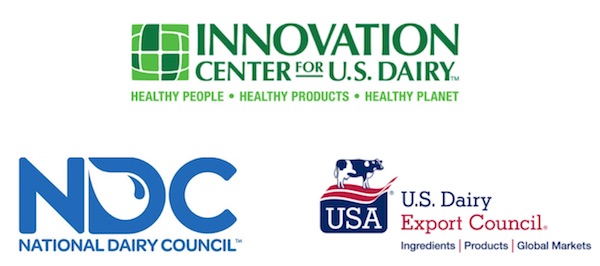

I think the law to determine values for producer owned pigs is. Got my rear handed to me in a lawsuit by USDA for not paying for 6 months after we voted the checkoff down and Secretary of Ag Veneman made our vote null and void. I'm not a pork checkoff fan except publicly anywhere I think USDA is watching. However, from what I could see, his view of the Pork checkoff was spot-on. So I guess what I am saying is that there is probably equal chance of him speaking from experience, as there is a chance his opinions were formed from sour grapes. An egg checkoff brought about the same thing, so he went to dairy, and he belives the dairy checkoff killed him as well. So, he had chickenhouses, and went to eggs. He also went on to say that he used to raise chickens, they instituted a checkoff, and after a number of years, only the packer contract growers had chickens. He also said that the checkoff should be paid for every carcass hanging on the hook, not the 'sale' of each pig. (He wasn't singling out Farmland, just used as an example, as all the big grower/packers do it). So, in essence, his pigs paid two checkoffs, to pay for advertisement so Farmland could sell more pork. So, if Farmland owned the pig from birth to meat counter, raised by contract growers, they never sold it, and never paid the checkoff. He was under the impression that the checkoff was only paid when the hog was 'sold'.

He then contrasted that, with the Farmland facilities down the road, who farrowed their own sows, fed their own hogs, and slaughtered their own hogs. So, his 1,000 pigs a year, were double-dipped in terms of checkoff payments. Then he sold butcher hogs, paid another checkoff. His opinion was that when the pork 'industry' could overrule the vote of the pork 'producers', it was no longer to the benefit of the producer. In the grain business, they might be, as checkoff dollars go towads increasing markets, for all.īack when I was still raising hogs, maybe a year before I got out of them, I met an old timer who told me he made the decision to get out of hogs when the checkoff vote that ended the checkoff, was invalidated, and the checkoff was continued. One further statement did I gain from and by my involvement, by yes, from little. There are Federal authorized checkoffs my observation is that they are more political therefore less effective. The funds are usually invested in the following areas, market development, new uses research, production research, and public relations. I will stick to what I know about, state authorized checkoffs they operate under state law and are monitored by some state agency but are run by a producer elected board and cannot be politically involved. When Ohio got a checkoff I served on the Ohio Corn Marketing Board most of the time at my own expense. How can I know? I served on the Ohio Corn Growers Board and the National Corn Growers Board in the 1970’s and 1980’s. Third do the directors benefit directly from these funds rarely.

Second are they perfect no, there are defiantly funds miss invested. First are commodity check offs of value to producers the answer is yes. I will attempt to shed some light on the subject. The benefit of those programs is shared by the marketers and end users as well as producers, they should be sharing in the cost of promotion. I would be more comfortable with it if both sides of the transaction were contributing. I think the reasons and work of the organizations are good. I used the word "tax" because I think that is how many who sell grain view it, because it closely resembles a sales tax which people are just used to paying. When prices are high I feel more charitable. In other words I am more likely to request refund when prices are low. And sometimes that decision is based on whether I think there was enough profit margin in the market to justify the cost. I tend to like the research or education based projects and am not so proud of the export and sales promotions. I do watch the activity of the organizations. There we pay the state check-off contribution for that state. Much of our grain is sold in Okla or Texas.


 0 kommentar(er)
0 kommentar(er)
